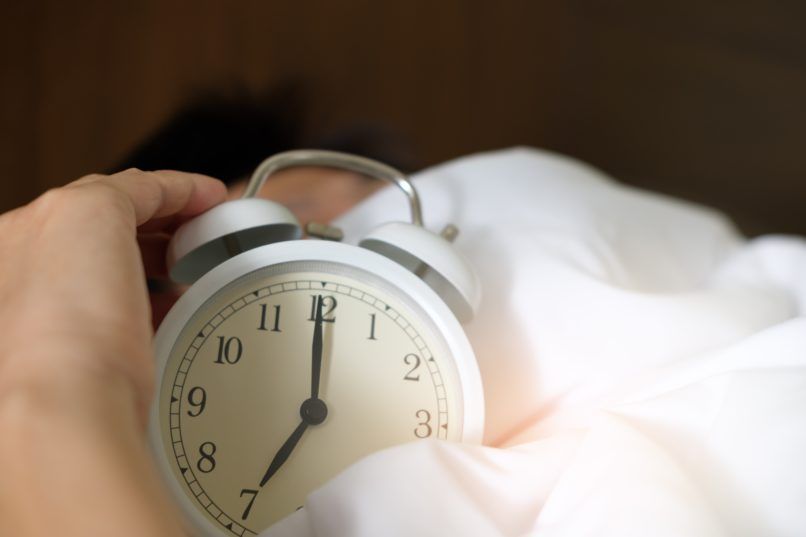
A good night’s sleep is essential for our physical and mental well-being. However, in today’s fast-paced and technology-driven world, many people struggle with disrupted sleep patterns and a messed-up body clock. If you find yourself tossing and turning at night, unable to fall asleep or stay asleep, it’s time to take action.
Design a Routine
Establishing a consistent sleep routine is one of the most effective ways to regulate your body clock. Try to go to bed and wake up at the same time every day, even on weekends. This consistency helps train your body to recognize when it’s time to sleep and wake up, promoting better overall sleep quality.
Get as Much Daylight
Exposure to natural daylight is crucial for regulating your body’s internal clock. Try to spend time outdoors during the day, especially in the morning. The natural light helps regulate your circadian rhythm and promotes better sleep at night. If you’re unable to access natural light, consider using a light therapy box to simulate daylight.
Exercise Early
Engaging in regular physical activity can contribute to better sleep. However, it’s important to time your exercise appropriately. Avoid exercising too close to bedtime, as it can increase alertness and make it harder to fall asleep. Aim to finish your workout at least a few hours before bedtime to allow your body to wind down.

Caffeine Control
Caffeine is a stimulant that can interfere with sleep. Limit your consumption of caffeinated beverages like coffee, tea, and soda, especially in the afternoon and evening. Be mindful of hidden sources of caffeine, such as chocolate and certain medications. Opt for caffeine-free alternatives to promote better sleep.
Create the Ambience
Create a sleep-friendly environment in your bedroom. Make sure the room is cool, dark, and quiet. Use blackout curtains or an eye mask to block out external light, and consider using earplugs or white noise machines to drown out any disturbing sounds. Invest in a comfortable mattress, pillows, and bedding to enhance your sleep quality.
Stow All Electronics
The blue light emitted by electronic devices like smartphones, tablets, and laptops can disrupt your sleep-wake cycle. Avoid using electronic devices at least an hour before bedtime. If necessary, use blue light filters or switch to night mode to minimize the impact on your sleep.
Stop Munching
Eating a heavy meal close to bedtime can cause discomfort and disrupt your sleep. Avoid large meals, spicy foods, and excessive fluids in the evening. If you’re hungry before bed, opt for a light snack that combines protein and complex carbohydrates, such as a small handful of nuts or a slice of whole-grain toast.
Keep Cool
Maintaining a cool bedroom temperature can promote better sleep. Your body temperature naturally drops during sleep, so a cooler environment can facilitate this process. Set your thermostat to a comfortable, cooler temperature or use a fan to circulate air.
Are Apps Useful?
Sleep-tracking apps can provide insights into your sleep patterns and help you identify areas for improvement. Some apps also offer relaxation techniques, white noise, or guided meditations to aid sleep. However, be mindful of screen time and ensure that the use of these apps doesn’t interfere with your sleep routine.
![]()
Drink Wisely
While alcohol may initially make you feel drowsy, it can disrupt your sleep later in the night. Limit your alcohol intake, particularly in the evening. Instead, opt for calming herbal teas like chamomile or valerian root, which can help relax your mind and promote better sleep.
Conclusion
Regulating your sleep patterns and restoring balance to your body clock is crucial for optimal health and well-being. By implementing these ten tips, including designing a routine, exercising early, getting natural daylight, controlling caffeine intake, creating a sleep-friendly ambience, limiting electronic device use, avoiding heavy meals, maintaining a cool bedroom, utilizing sleep apps wisely, and choosing sleep-promoting drinks, you can significantly improve your sleep quality.
Remember, consistency and patience are key, so give yourself time to adjust and establish healthy sleep habits. Sleep well, and enjoy the benefits of a restful night’s sleep!





